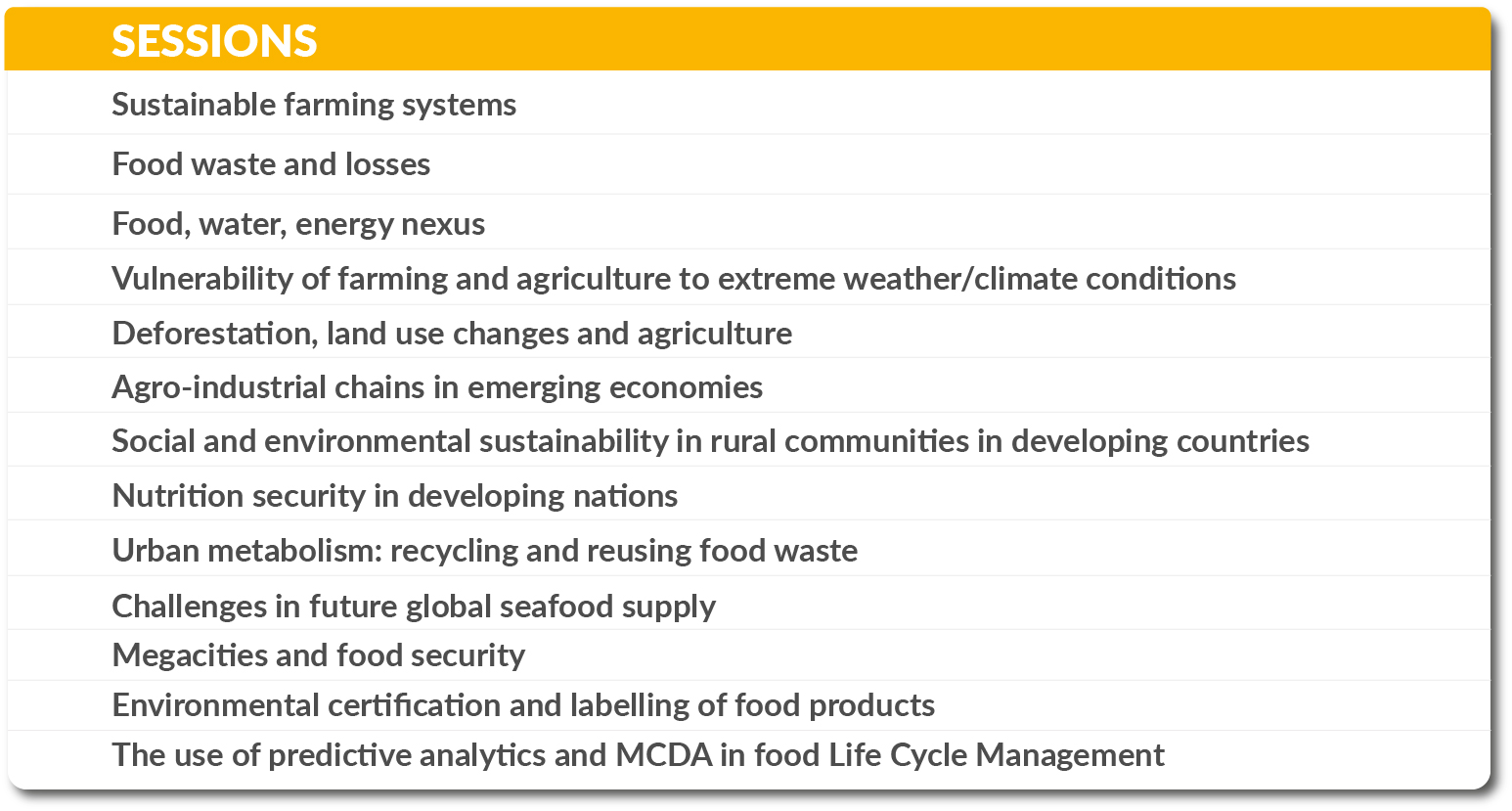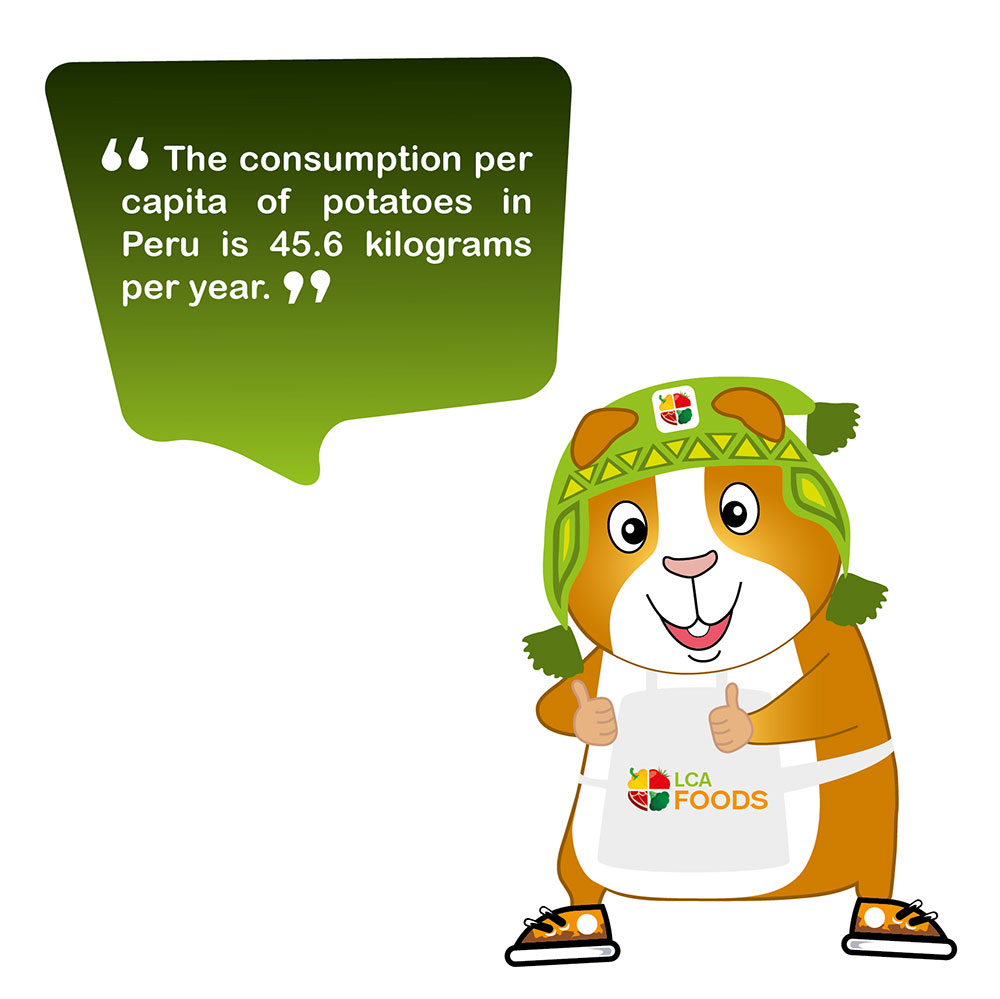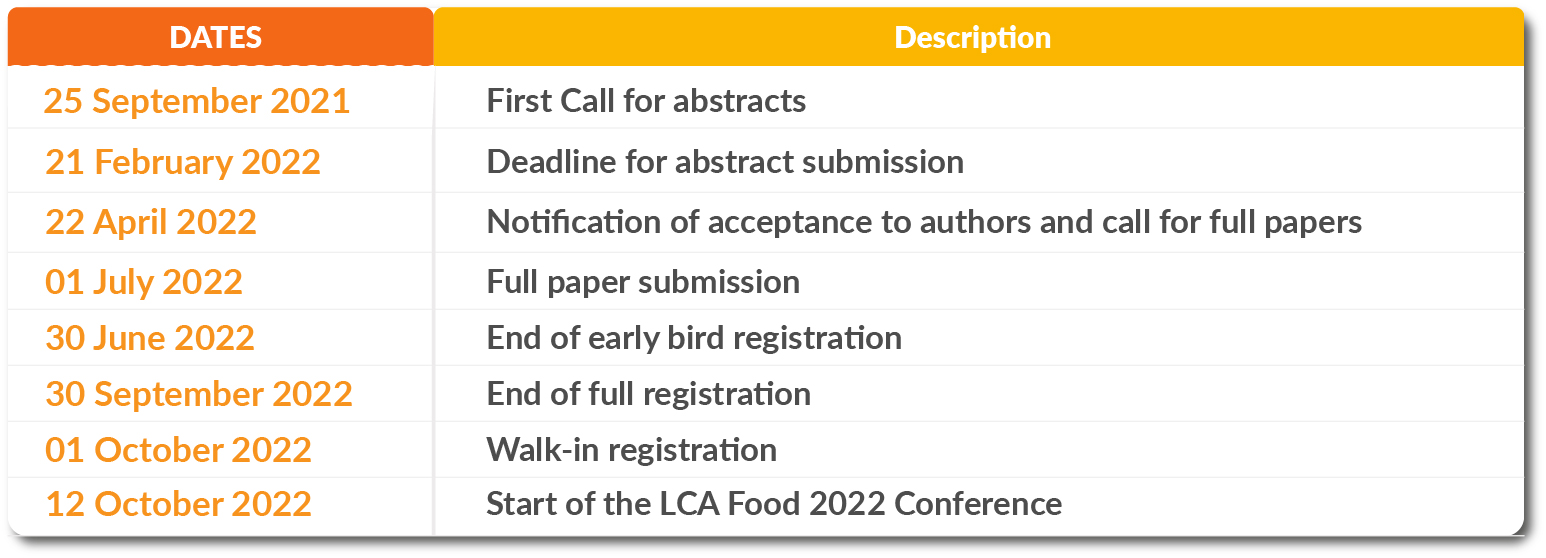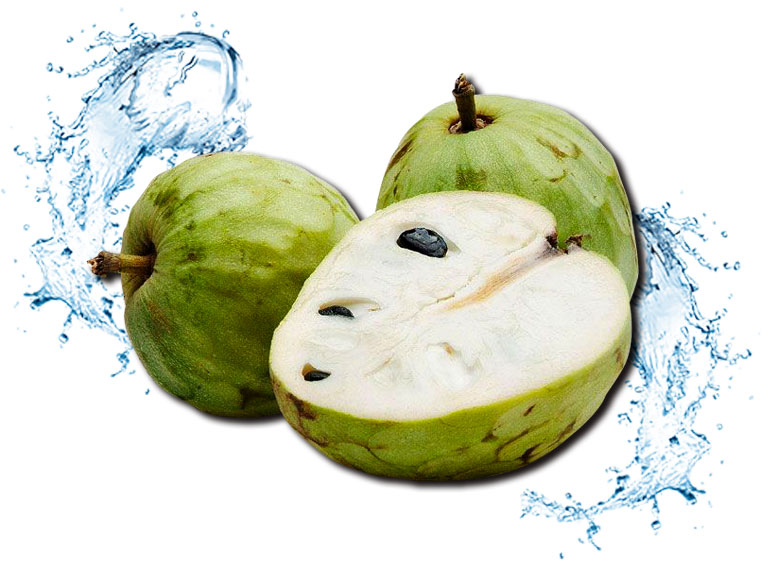



LIFE CYCLE ASSESSMENT is currently one of the most commonly used and scientifically robust environmental management methodologies to determine the environmental profile of products and services. Although its applicability is vast, with notable research in most productive sectors, the agri-food sector has benefited undoubtedly thanks to LCA-related research.
This has justified the celebration of this biennial conference linked exclusively to the advances in the field of food LCA. In this context, food security arises as one of the major global challenges for the 21st century. Objectives such as zero hunger and the reduction of poverty and extreme poverty will only be attained if humanity is capable of improving the sustainability of diets, combining environmental issues with social and health needs.
For this to be possible, dietary patterns should continue their transition to low carbon choices in the developed world, but changes are also needed in developing and emerging nations. This implies that improvements in terms of environmental impact mitigation must be attained in a number of sectors, including livestock, fisheries, aquaculture and agriculture, but also in the increasingly complex processing and freighting supply chains that have developed through globalization.
Aims of the Conference:
Continue with the work done in previous LCA of Foods conference by creating a space for the LCA community to share and discuss about their advancements.
Foster networking between research groups and industries on a global scale.
Provide a space for LCA practitioners and developers to exchange ideas on methodological developments.
Introduce policy-makers and industries in the Latin America – Caribbean region to the world of LCA, allowing them to meet the LCA community.

CONFERENCE TOPICS
The theme of this conference is The Role of Emerging Economies in Global Food Security.
Agricultural production in emerging economies is becoming a fast growing sector that is providing food supply at a domestic and international level.
Agricultural production in emerging economies is becoming a fast growing sector that is providing food supply at a domestic and international level.




Organized by
Department of Engineering
Research Group: Peruvian Life Cycle Assessment and Industrial Ecology Network (PELCAN).
CURRENT EDITION
Life Cycle Assessment (LCA) in Peru began in the early 21st century, deriving in the creation of the Peruvian Life Cycle Assessment Network (PELCAN) in 2005. Since then, the network has grown mainly as a research group based at the Pontificia Universidad Católica del Perú, in Lima. The main achievements of PELCAN have been centered in building the capacity of policy-makers and industries in Peru to understand life cycle thinking and its importance in decision-making, as well as in constructing a research group that can offer life cycle management solutions to environmental issues in the Peruvian context.
PELCAN has supported the government in developing LCA-related standards through the transposition of ISO guidelines to the Peruvian context. In addition, PELCAN is currently working with public institutions in the development of a national life cycle database. From a research perspective, efforts have been mostly oriented at detecting the environmental issues arising in the country that can be understood and measured through LCA, including support to agricultural exports, improvement of wastewater treatment plants, identification of land use changes in the Amazon basin or the analysis of Peruvian dietary patterns through sustainability indicators. PELCAN was also the host of the International Conference on Life Cycle Assessment in Latin America in July 2015.
PELCAN has supported the government in developing LCA-related standards through the transposition of ISO guidelines to the Peruvian context. In addition, PELCAN is currently working with public institutions in the development of a national life cycle database. From a research perspective, efforts have been mostly oriented at detecting the environmental issues arising in the country that can be understood and measured through LCA, including support to agricultural exports, improvement of wastewater treatment plants, identification of land use changes in the Amazon basin or the analysis of Peruvian dietary patterns through sustainability indicators. PELCAN was also the host of the International Conference on Life Cycle Assessment in Latin America in July 2015.
